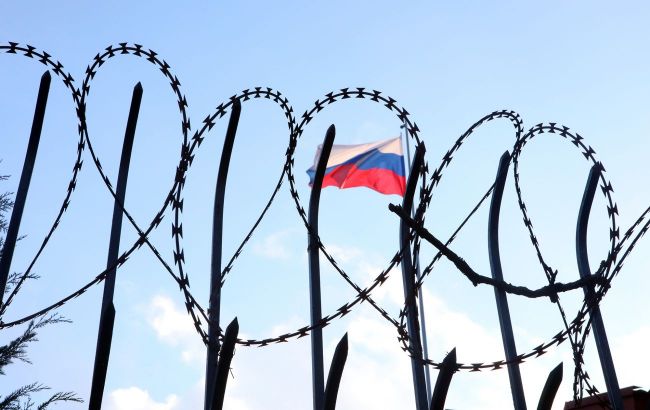Western sanctions bite: Russia facing drop in liquefied petroleum gas export
 Photo: Russia cuts liquefied petroleum gas exports due to Western sanctions (Getty Images)
Photo: Russia cuts liquefied petroleum gas exports due to Western sanctions (Getty Images)
The largest petrochemical company Sibur is reducing the export of liquefied petroleum gas from the Baltic port of Ust-Luga due to gas tankers amid sanctions, writes Reuters.
"The cuts in supplies further undermine Russian fuel exports, which have already been rocked by fires and drone attacks, including at the port," the article says.
It is noted that the export of liquefied petroleum gas from Ust-Luga has already decreased in January to approximately 50,000 metric tons from 67,000 tons on average for each month last year.
Russia lacks gas carriers
Reuters writes that Sibur's time charter contract with the company for two gas carriers - Navigator Leo and Navigator Libra - expired in December 2023.
Vessel tracking data indicated that these two tankers shipped up to 40% of total LPG exports from Ust-Luga, where Sybur is the sole supplier of LPG to the port's export terminal.
"If Sibur doesn't find the replacement for Navigator Gas' tankers, it risks to significantly cut transhipment at Ust-Luga," explains Reuters.
Reuters also points out that it will be difficult for S9bur to find other ice-class tankers due to the sanctions of the European Union and the United States.
Attack on oil terminal
We will remind you that on the night of January 21, a powerful fire broke out in the Leningrad region, namely in the port of the village of Ust-Luga. According to RBC-Ukraine sources, this was a special operation of the SBU.
SBU drones hit the target, after which the Ust-Luga Oil oil terminal caught fire. Fuel is processed there, which, in particular, is supplied to the Russian army.
Bloomberg wrote that after the SBU attacks, sea supplies of crude oil from Russia dropped to a minimum. As RBC-Ukraine sources reported, Russia was forced to transfer its anti-aircraft defense from the front after the attack on the Ust-Luga Oil terminal.

